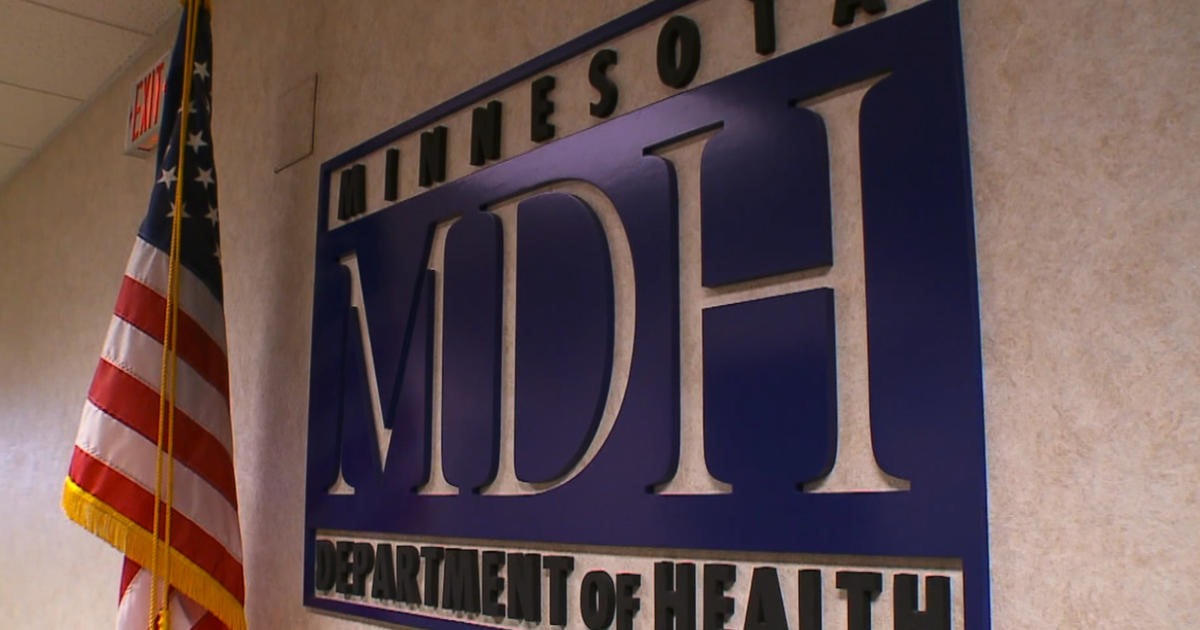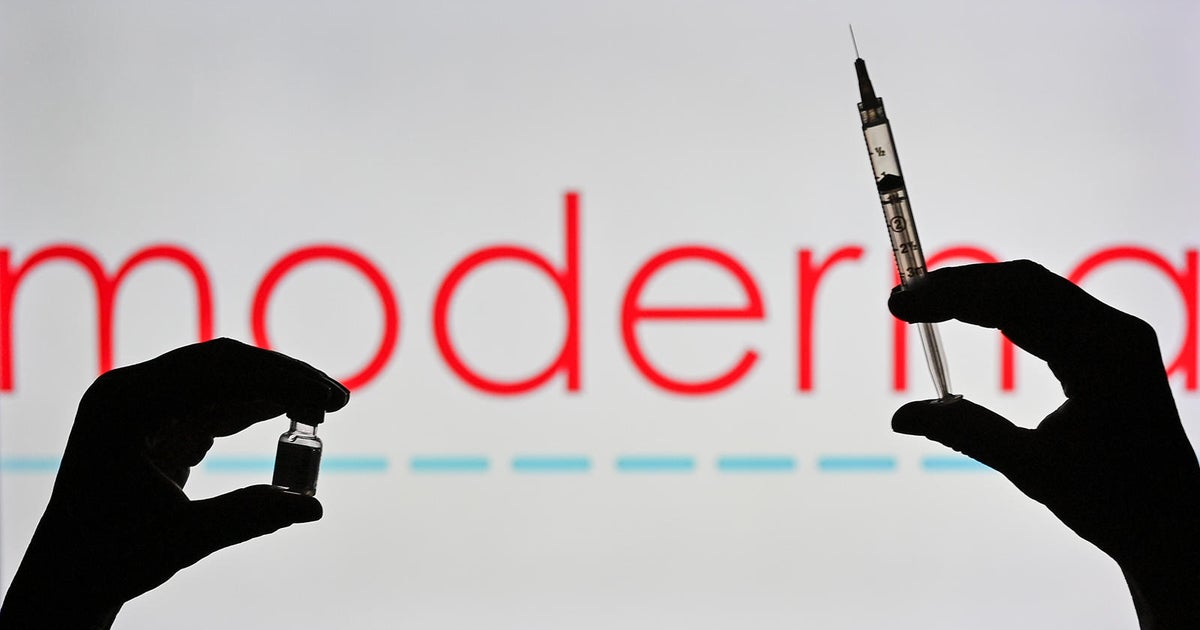CDC committee recommends health care workers and long-term care facility residents be first in line for COVID vaccine
Advisers to the Centers for Disease Control and Prevention officially voted Tuesday to recommend that health care workers and long-term care facility residents should be the first Americans to receive the COVID-19 vaccine.
"When a COVID-19 vaccine is authorized by FDA and recommended by ACIP, vaccination in the initial phase of the COVID-19 vaccination program (phase 1a) should be offered to both 1) health care personnel and 2) residents of long-term care facilities," read the approved language from the vote by members of the Advisory Committee for Immunization Practice (ACIP).
ACIP defined health care personnel as "paid and unpaid persons serving in health care settings who have the potential for direct or indirect exposure to patients or infectious materials," and long-term care facility residents as "adults who reside in facilities that provide a variety of services, including medical and personal care, to persons who are unable to live independently."
The meeting, broadcast live on the CDC's website, was presided over by ACIP's chair, Dr. José Romero, the Arkansas health secretary. Romero told CNN that the meeting was called so that states could be prepared to submit individual distribution plans by the end of the week.
"We are meeting because the FDA, the Operation Warp Speed, have asked states and other jurisdictions to please submit their plans on Friday of this coming week," Romero told CNN last week.
ACIP members are selected by the health and human services secretary, and they include experts in vaccinology, immunology, pediatrics, internal medicine, nursing, family medicine, virology, public health, infectious diseases, and/or preventive medicine; in addition to one consumer representative member, according to the CDC.
In weighing the crucial question of who will be vaccinated first, the voting body discussed how potential issues with the vaccine would be reported, its reactogenicity — that is, how a vaccine affects those who take it, and how to best prioritize people who fall under the umbrella of health care personnel or long-term care facility residents, but cannot get the vaccine during its limited phase-one release.
Only one member voted against the recommendation language. Dr. Helen Keipp Talbot, an associate professor of medicine in the division of infectious diseases at Vanderbilt University, cited lingering concerns over the safety reporting network and reactogenicity of the vaccine in older adults, but stressed that she has "no reservations for healthcare workers taking this vaccine."
"I still struggle with this," Talbot said in explaining her dissent. "This was not an easy vote."
Once a vaccine is approved by the Food and Drug Administration, governors will have authority over how the vaccine is distributed in their state. HHS Secretary Alex Azar told reporters last week that if individual governors feel there's a need for more customized distribution — based on community spread hot spots within a state — "they are fully in the driver's seat."
It was widely expected that healthcare workers and long term care facility residents would be first in line to receive the vaccine, but no formal language outlined this approach until ACIP's recommendation Tuesday.
Azar told "CBS This Morning" on Monday that, based on ACIP's recommendation, governors would be left to decide which segments of their state's population would be given priority.
"(ACIP has) been meeting with us to give us advice on whom — based on the data that we've got on these vaccines and the state of the case, the epidemiology around the country — should we vaccinate first," Azar said. "That's ongoing still. I hope this week we'll get greater clarity from them in terms of their recommendations and our CDC director's views."
He advised governors, "Be thinking people in nursing homes, the most vulnerable; be thinking healthcare workers who are on the frontlines of most interacting with suspected COVID cases, as the first tranches of people that we'll try to get vaccinated."
He described the nation's governors as the "air traffic controllers" of distribution. "They're going to tell us which hospital, which pharmacies, where they would like it to go," Azar said, adding, "and they will be determining which groups to be prioritized."
Vice President Mike Pence told governors during a conference call with the White House Coronavirus Task Force Monday that some doses of the vaccine could begin to be distributed as early as mid-December. "We strongly believe the vaccine distribution process could begin as soon as the week of December 14," Pence said, according to audio of the call obtained by CBS News. "With this morning's news that Moderna is joining Pfizer in submitting an Emergency Use Authorization (EUA), we continue to be on pace."
FDA Commissioner Stephen Hahn — who ultimately approves EUAs — has not committed to the December 14 date, but did say that the agency would make a decision regarding Pfizer's EUA after an outside panel of experts meets to review its application on December 10. Azar said last week that distribution could begin "soon after" the meeting.
Pfizer and Moderna are the only two companies to request an EUA thus far; both say preliminary data shows their product is over 90% effective. A third company, AstraZeneca, has also shown promise, and is currently seeking authorization from British regulators.
About 40 million vaccine doses — enough for 20 million people — are expected to be available by end of December. And, according to ACIP, most jurisdictions expect to be able to vaccinate all of their healthcare workers in just three weeks.
Some healthcare facilities will need to stagger distribution of the vaccine among personnel in order to protect against possible adverse reactions affecting an entire workforce. The short distribution timeline, however, offered assurance to ACIP members that some personnel will only have to wait weeks, as opposed to months, for their dose.
Romero told CNN that ACIP's recommendation would shore up vaccine distribution plans in anticipation of authorization. "We foresee imminent authorization if this vaccine is shown to be effective and safe in the near future," he said. "And we want to be at the point where we are providing appropriate guidance to the states and jurisdictions for the use of these vaccines."



